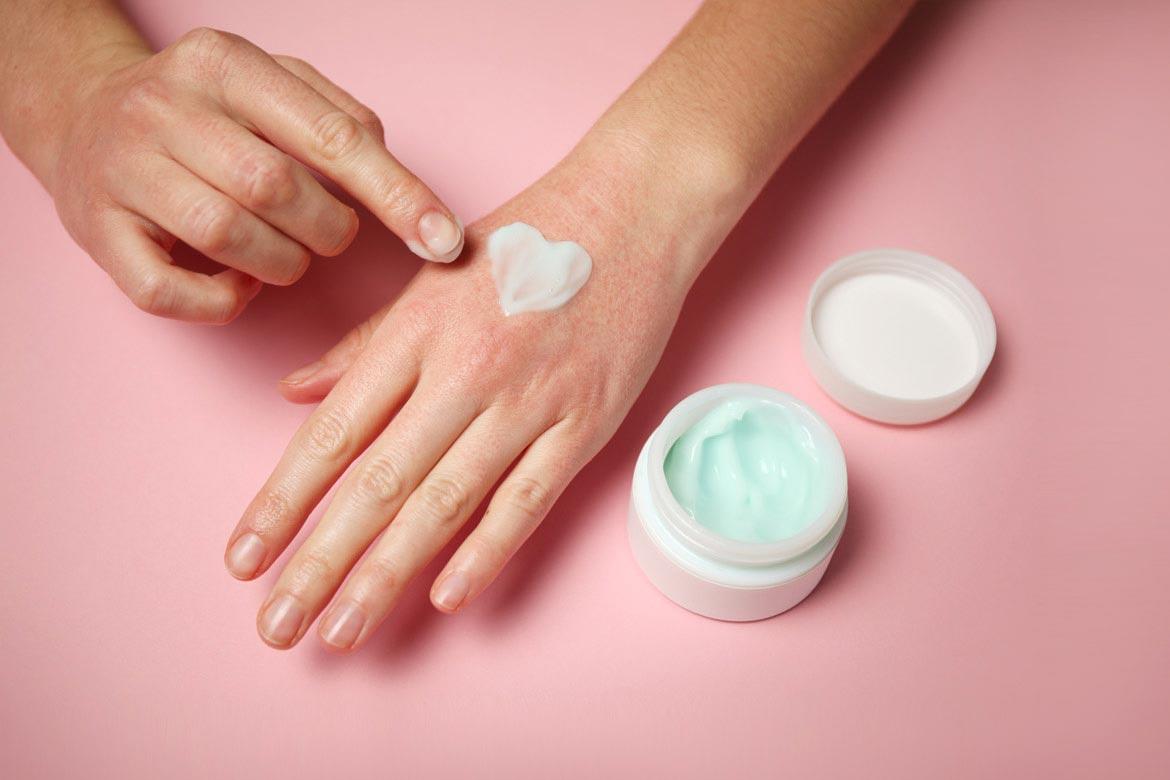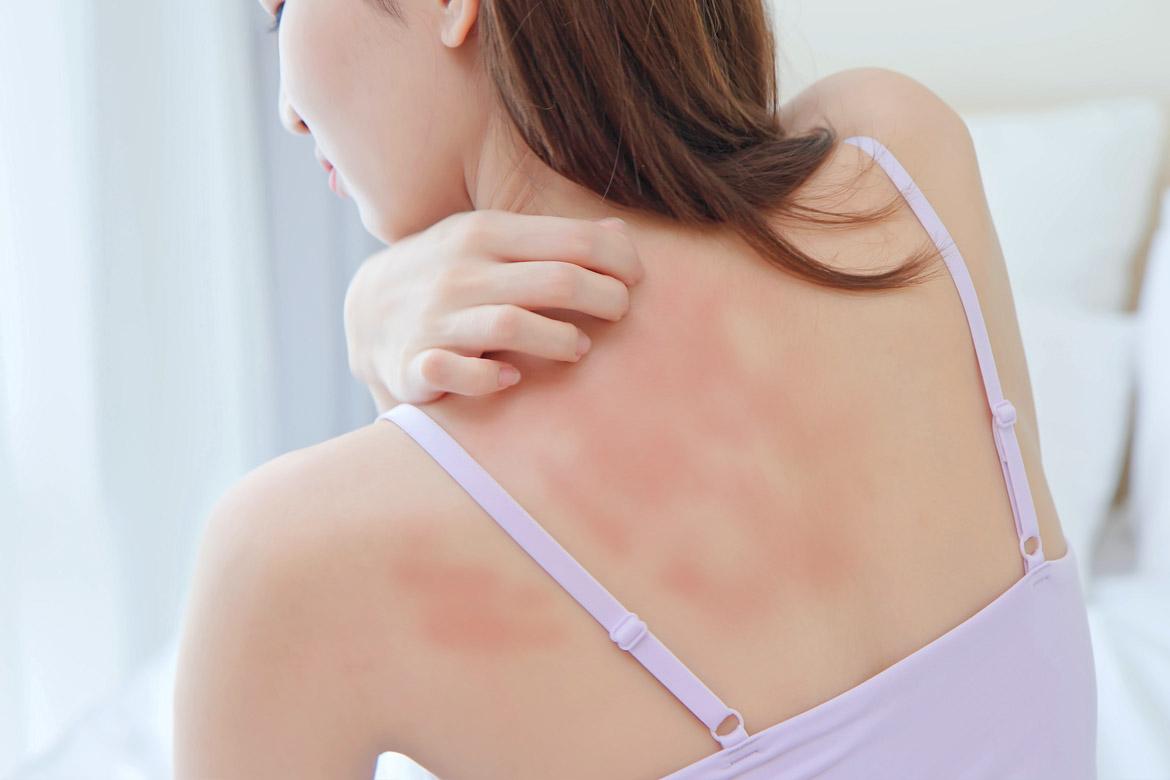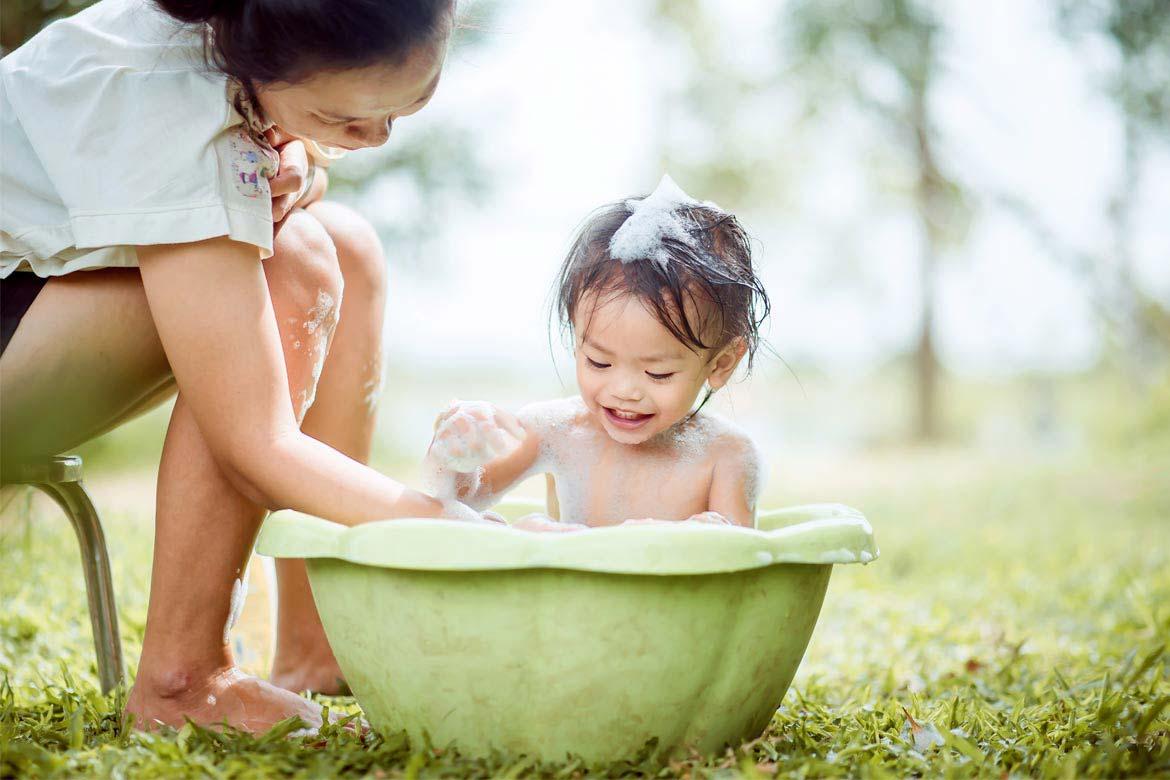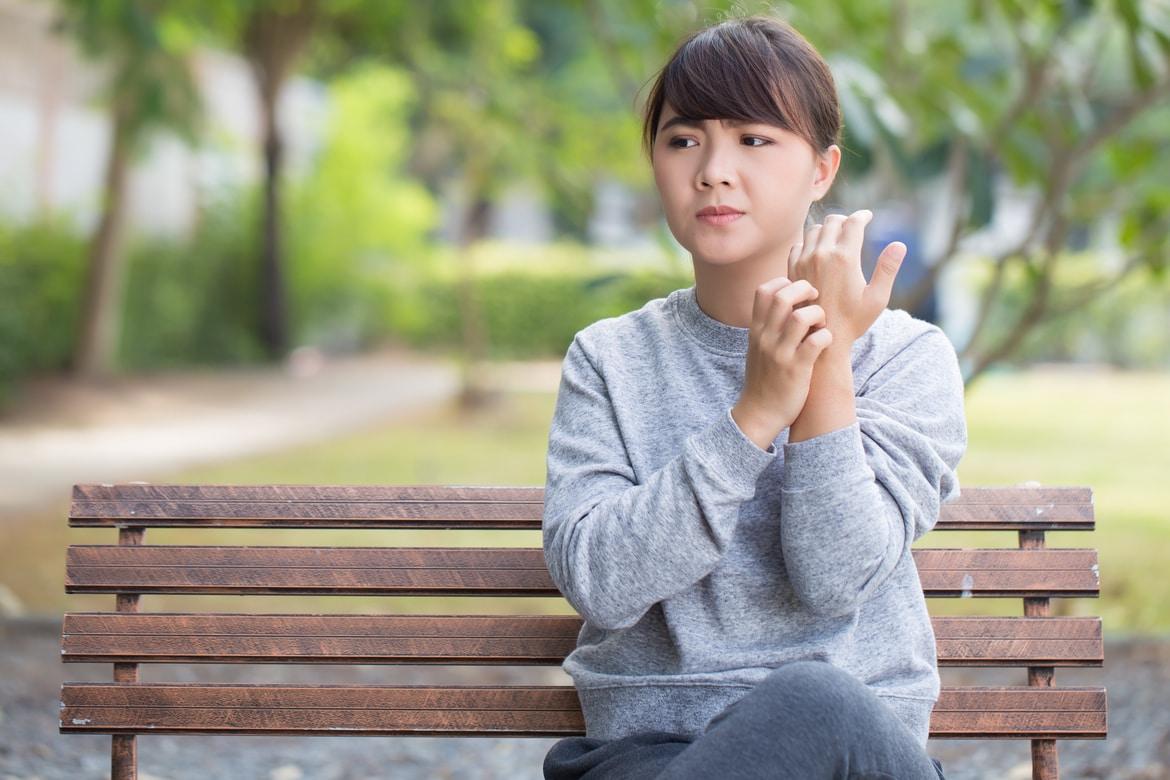-
-
Featured Care Areas

Eczema
How is eczema diagnosed?
In general, your doctor will perform a physical examination on your skin and look for signs of redness and dryness. They may also ask you more about your symptoms.
To confirm the diagnosis, your doctor may recommend:
- An allergy skin test.
- Blood tests to rule out other causes of skin rashes.
- A skin biopsy to determine the type of dermatitis you might have.
How is eczema treated?
Although there is no cure for eczema, flares of eczema can be controlled with:
- Avoidance of triggers, such as chemicals, synthetic fabrics, pollen, dust or pet dander.
- Good skin care, such as regular application of a thick, fragrance-free moisturising cream.
- Medication, such as antihistamines or topical steroid creams. Do seek proper medical advice and follow-up if your condition does not improve.
In severe eczema, your doctor may advise medications or other therapies, such as:
- Phototherapy
- Biologic injections
- Long-term oral immunosuppressants
- Intensive topical treatment (wet wraps)
It is important to work out a detailed plan with your doctor to know when to step up treatment and effectively manage flare-ups so that they do not worsen.
Living with eczema
Although some children grow out of eczema, others may have to manage it as a lifelong condition. To better manage your eczema, you can consider the following measures:
General measures
In general, you can:
- Use a mild soap or soap-free substitute that does not dry the skin.
- Pat dry your skin with a soft towel after showering. Avoid rubbing your skin.
- Apply a thick fragrance-free moisturising cream once or twice a day to repair your skin barrier. Opt for products that contain ceramide as it helps to lock in moisture.
- Store moisturising creams in the fridge for added relief; the cool cream can reduce itch and provide comfort.
- Use a cool compress over areas of itchy skin. Wet wraps can be used overnight and for short periods in the day to provide relief.
- Avoid taking very hot or very long showers as this can dry out the skin.
- Manage stress. Get regular exercise, and set aside time to relax.
Control itchiness and reduce scratching
To manage scratching, you can:
- Use over-the-counter antihistamines to control your itch and prevent scratching. Examples of antihistamines include cetirizine, loratadine, levocetirizine, desloratadine, fexofenadine etc.
- Use topical steroid creams to treat skin inflammation, as needed. Opt for creams that contain cortisone, as they can help to control itchiness and redness. For sensitive areas on the face and eyelids, use non-steroid creams unless your doctor advises otherwise.
- Make sure your fingernails are short and clean to prevent infections from scratching.
Keep skin cool and dry
To reduce sweat and moisture, you can:
- Keep cool and comfortable.
- Wear light cotton clothing to help your skin breathe.
- Keep rooms well-ventilated at an ambient temperature of 25°C.
- Wipe down sweat with a moist towel instead of allowing it to dry on the skin.
- Minimise saliva contact around the mouth or neck in young children or babies. To protect these areas, apply a thick layer of moisturiser regularly. Wipe off any drool with a clean moist towel.
Avoid triggers
In addition to the measures above, you should also avoid:
- Known irritants such as detergents, harsh soaps and bubble baths.
- Wool or acrylic materials for clothing or bedding.
This page has been reviewed by our medical content reviewers.
Need help?
For enquiries, please call
+65 6575 7575
For appointment bookings, please WhatsApp
+65 8111 9777







